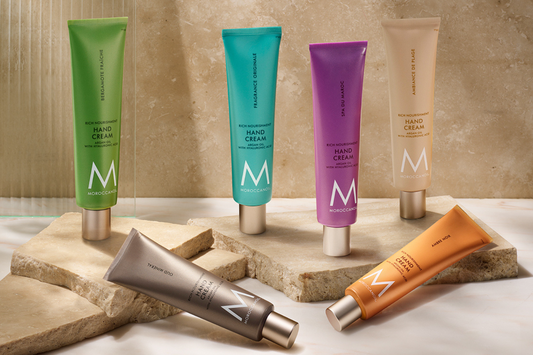-

Unlock the Secret to a Healthy Scalp with Our N...
Everything you need to know our new Scalp Collection.
-

Our Top Moisturizing Styling Products
Argan oil-infused styling products that keep your hair feeling as good as it looks.
-

-

-

-

Viewing 6 of 150






